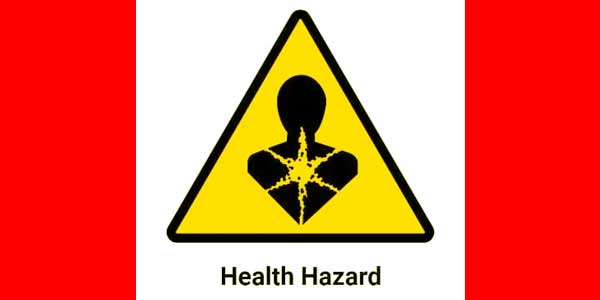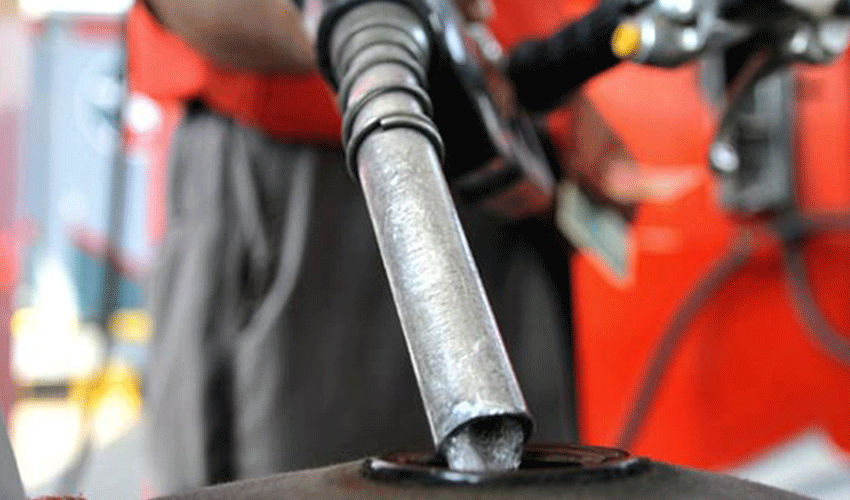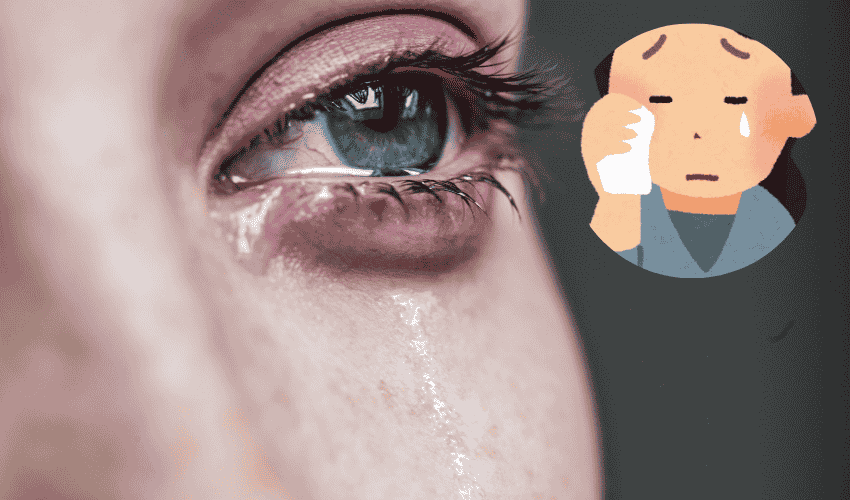The European Environment Agency (EEA) issued a concerning report on Thursday, revealing that bisphenol A (BPA), a hormone-disrupting chemical used in food packaging, is widespread in the bodies of nearly all Europeans, raising potential health concerns.
In the research, the EEA cited findings from the Horizon 2020 research initiative, HBM4EU, which conducted a comprehensive analysis of chemical levels in Europeans' bodies. Shockingly, BPA was detected in the urine of 92 percent of adult participants from 11 European countries.
The EEA further disclosed that in the 11 countries studied, the percentage of adults exceeding the recommended maximum BPA levels, as set by the European Food Safety Agency (EFSA) in an April review, ranged from 71 to 100 percent.
Notably, the EFSA had significantly reduced the recommended maximum daily intake of BPA permitted for consumers at that time, making it 20,000 times lower, down to 0.2 billionths of a grammeme from four millionths of a grammeme.
BPA, previously employed in the production of baby bottles until its ban in Europe, the US, and other nations a decade ago, is still used in the manufacturing of plastic for some food and beverage packaging. Consequently, most individuals could potentially encounter it while consuming such products.
Numerous studies have suggested a connection between BPA exposure and various health disorders associated with hormone disruption, including breast cancer and infertility.
It's worth noting that France stands as the sole country that has entirely prohibited BPA, while the EU and the US have restricted its use and expressed intentions to further reduce its presence.
However, a significant discrepancy remains regarding the tolerable daily amount of BPA consumption that does not pose a health risk over a lifetime.
The European Medicines Agency, responsible for drug approvals, has challenged the EFSA's new maximum recommended levels, questioning the methodology and suggesting that the EFSA has been too hasty, as a definitive causal link has not been established in animal or human studies.
Nonetheless, the EEA's analysis has led to the conclusion that people's exposure to BPA is "well above acceptable health safety levels" based on updated research data. This exposure poses a potential health risk to millions of individuals, according to the EEA.
The study measured levels of bisphenol A, S, and F in the urine of 2,756 participants across 11 countries between 2014 and 2020, including Croatia, the Czech Republic, Denmark, France, Finland, Germany, Iceland, Luxembourg, Poland, Portugal, and Switzerland.



























